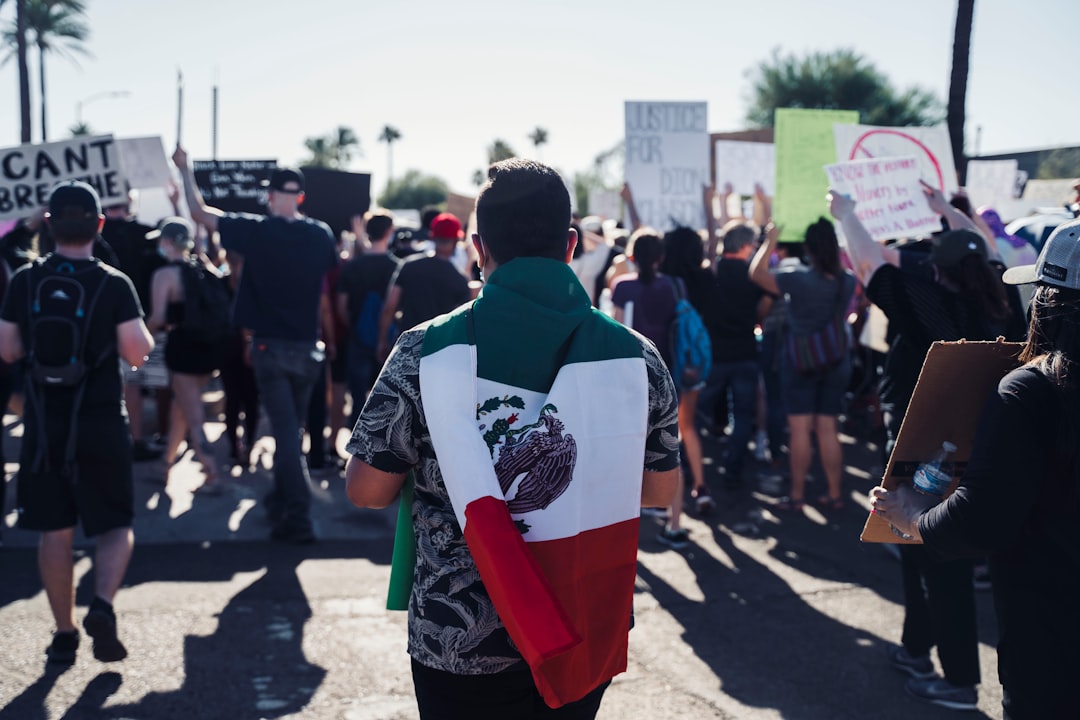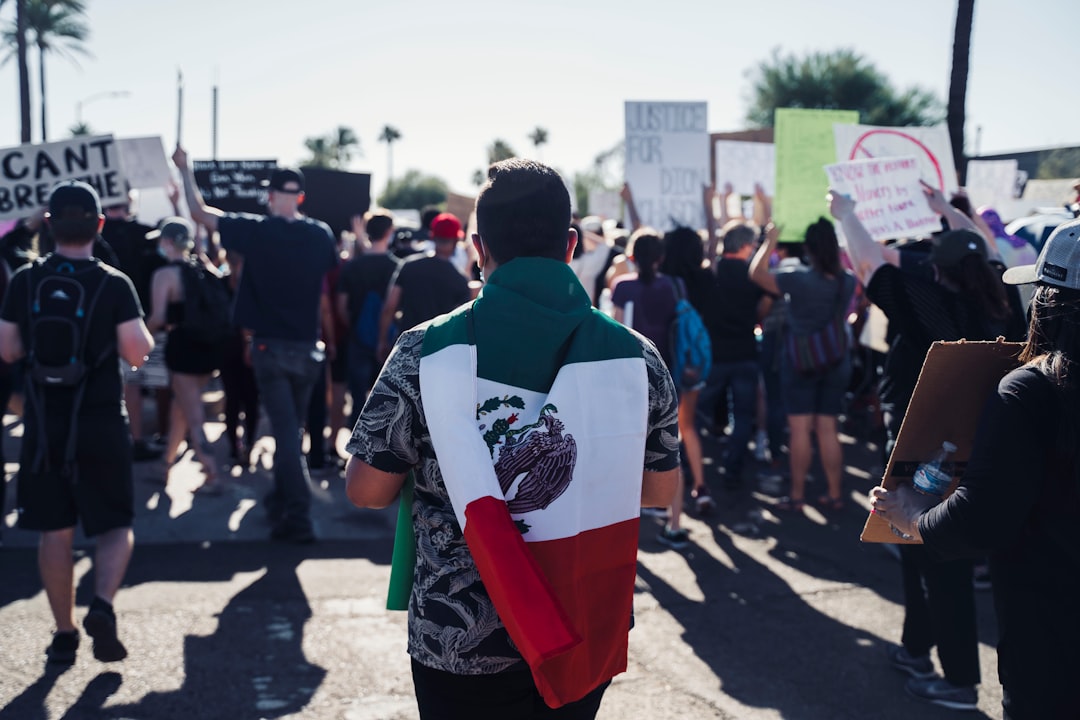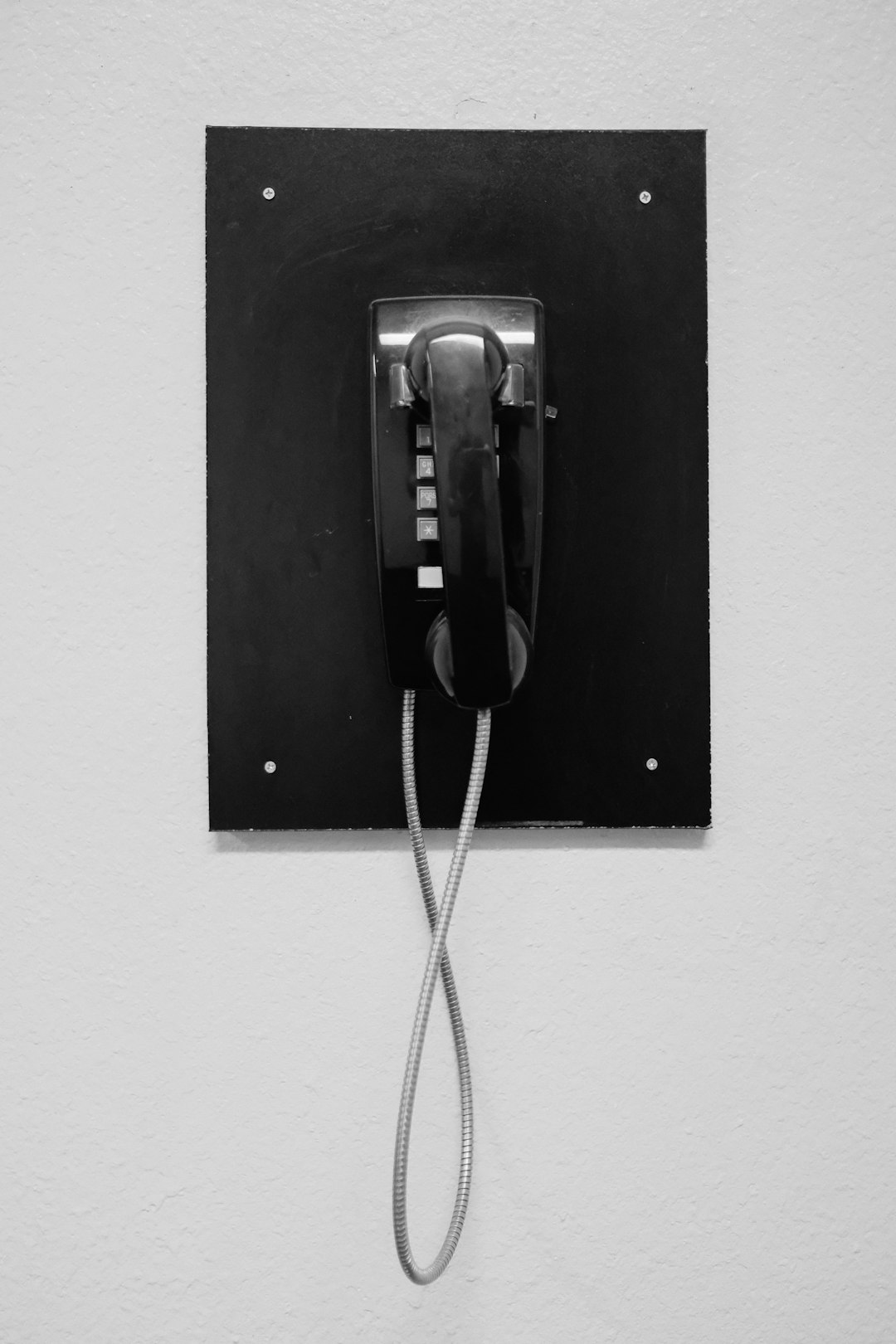In Phoenix, Arizona, the rise of digital connectivity has brought a surge in robocalls due to misuses of auto dialer technology. To counter this issue, understanding Arizona's Telephone Consumer Protection Act (TCPA) is vital for consumers' privacy and rights protection. Engaging an autodialer lawyer or attorney from reputable firms specializing in autodialer cases helps curb unwanted automated marketing. These professionals guide clients through legal complexities, protect against harassing calls, and offer options like filing FTC complaints, seeking damages, joining class-action lawsuits, or blocking future calls. Consumers facing robocalls have legal recourse by consulting with specialized lawyers/attorneys from Phoenix's top autodialer law firms to enforce their rights under the TCPA.
In today’s digital age, robocalls have become a ubiquitous yet unwanted nuisance. For Phoenix residents, these automated calls often violate consumer rights under Arizona’s auto dialer laws. This article equips you with the knowledge to identify and combat unlawful robocalls. Learn about your legal protections and the role an autodialer lawyer in Phoenix can play. Discover the resources available to consumers facing excessive or harassing calls, and reclaim your peace of mind by understanding your rights. Engage with an autodialer attorney in Phoenix for tailored guidance.
Understanding Robocalls and Auto Dialer Laws in Arizona

In the age of digital connectivity, robocalls have become a pervasive nuisance, particularly in Phoenix, Arizona. These automated phone calls, often promoting products or services, are generated using auto dialer technology. While many legitimate businesses use this method for marketing, it’s crucial to recognize that autodialers can also be exploited for unlawful purposes, such as telemarketing scams or identity theft attempts. Arizona law, including the Telephone Consumer Protection Act (TCPA), safeguards consumers’ privacy and rights by regulating how auto dialers can be used.
Understanding these laws is essential when advocating for your consumer rights against unwanted robocalls. An autodialer lawyer in Phoenix or an experienced autodialer attorney can guide you through this process, ensuring that your rights are protected. Reputable autodialer law firms in Phoenix specialize in navigating these legal complexities, offering expert advice, and representing consumers who have suffered from harassing or fraudulent calls. Engaging with such professionals is a strategic step towards curbing the influx of unwanted automated phone marketing in Arizona.
Identifying Unlawful Practices: A Guide for Phoenix Residents

In Phoenix, identifying unlawful robocall practices is a crucial step in advocating for consumer rights. Residents should be vigilant about the type of calls they receive and whether they are using an autodialer, which is illegal without prior express consent from the recipient. Unlawful practices often include repeated or unwanted calls, messages that deliver marketing material, or those utilizing automated dialing systems to reach potential customers. If a Phoenix resident experiences these issues, it’s advisable to document the calls, including timestamps, call content, and any attempts to opt-out of receiving them.
Engaging an autodialer lawyer in Phoenix is a strategic move for those facing excessive or unlawful robocalls. These legal professionals specialize in consumer protection law and can guide residents through the process of filing complaints with relevant authorities, such as the Federal Trade Commission (FTC). They may also assist in seeking damages or blocking future calls from offending parties. Recognized autodialer attorneys and law firms in Phoenix are equipped to navigate complex regulations surrounding telemarketing practices, ensuring that consumer rights are protected against these unlawful activities.
Legal Actions and Resources Available to Consumers

In the face of unlawful robocalls, consumers in Phoenix have legal options and resources available to protect their rights. If your phone has been bombarded by unwanted automated calls from an autodialer, it’s crucial to understand that such actions are often illegal under Arizona state law and federal regulations like the Telephone Consumer Protection Act (TCPA). Consulting with a qualified autodialer lawyer Phoenix or autodialer attorney Phoenix is a significant step. These legal professionals specialize in handling cases involving intrusive telemarketing practices, employing their expertise to help consumers navigate the complexities of legal action.
There are several ways to proceed, including filing a complaint with the Federal Trade Commission (FTC) and pursuing damages through litigation against the offending companies or individuals. Reputable autodialer law firms Phoenix can provide guidance tailored to your situation, whether it involves seeking individual compensation for each violation or class-action lawsuits that aim to hold violators accountable on a larger scale. Their goal is to ensure consumers are not only compensated but also deterred from such practices in the future.
Your Rights and How an Auto Dialer Lawyer Can Help

In the face of relentless robocalls, consumers in Phoenix have rights that must be protected. Unlawful automated phone calls, often made using autodialers, can be frustrating and intrusive. According to federal laws like the Telephone Consumer Protection Act (TCPA), businesses are prohibited from making such calls without prior express consent. If you’ve received unwanted robocalls, an autodialer lawyer Phoenix can help.
These legal professionals specialize in navigating complex telephone consumer protection laws. They can assist with identifying the source of the calls, gathering evidence, and taking appropriate legal action. Whether it’s negotiating a settlement or representing you in court, autodialer attorneys Phoenix aim to protect your rights and hold offenders accountable. With their expertise, they ensure that you receive the relief you’re entitled to under the law, including damages, blocking future calls, and preventing similar incidents from happening again.






